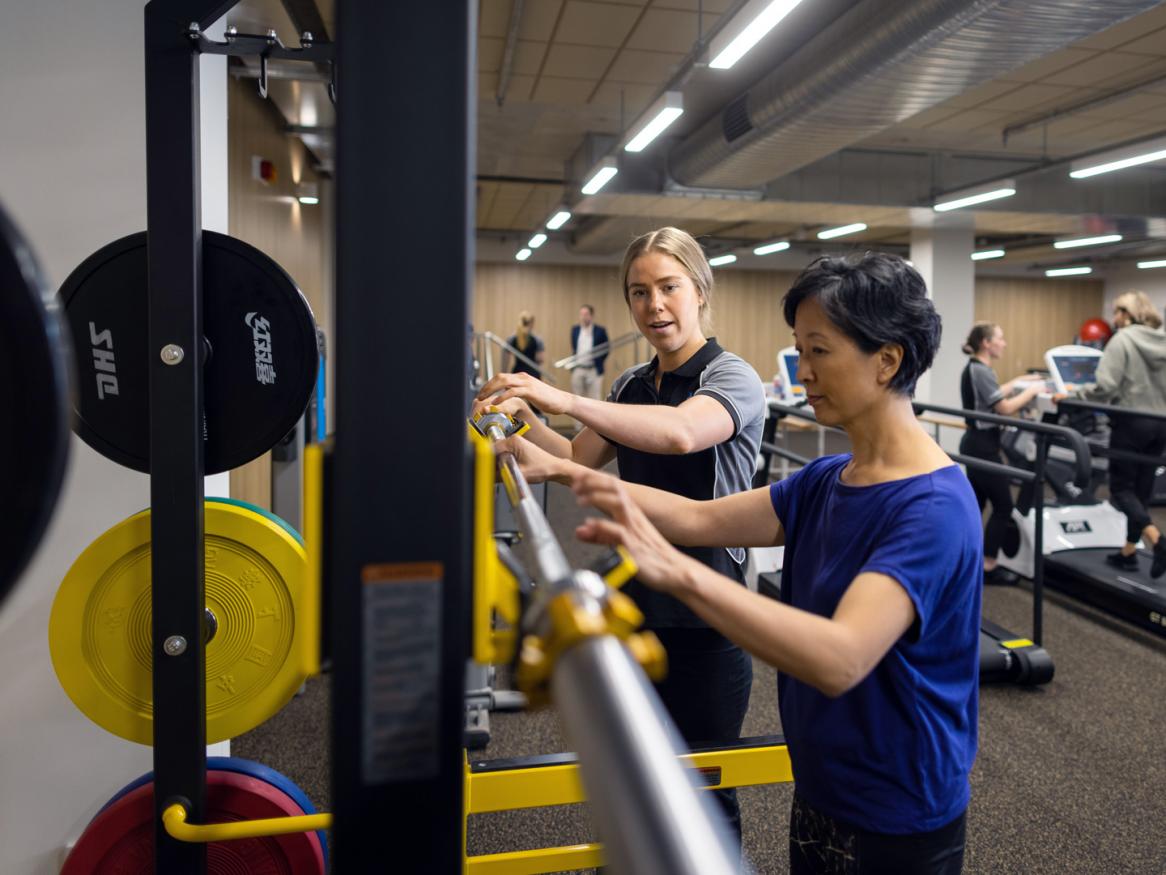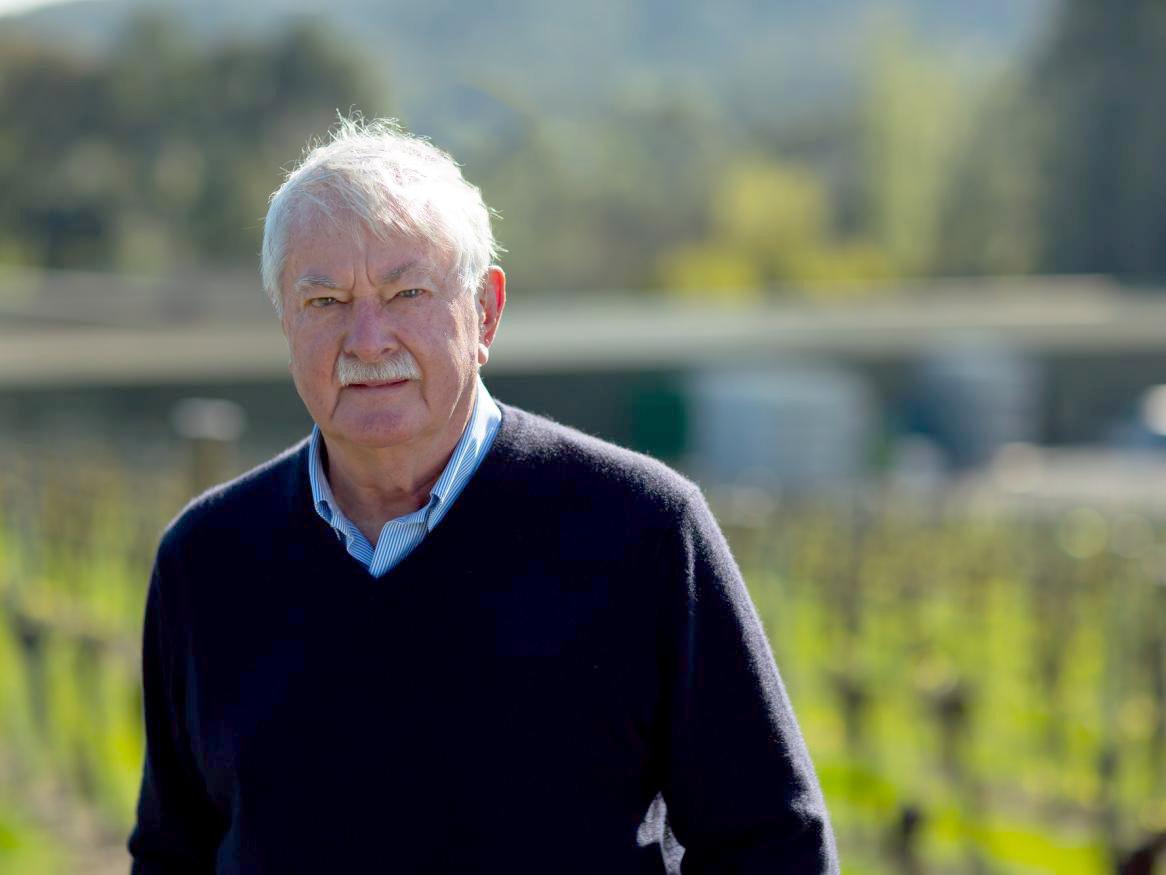News: biomedical science
Science communicators boost the visibility of Uni of Adelaide research

Six University of Adelaide scientists have each won the inaugural Science Communication Prize for increasing the visibility of the University’s scientific research and capabilities, while boosting the profile and accessibility of their own work.
[Read more about Science communicators boost the visibility of Uni of Adelaide research]
How effective is hand sanitiser at killing germs?

Scientist Hannah Agnew and summer research students Kate and Rachel set out to find how effective soap and hand sanitiser is against microbes, such as bacteria and viruses.
[Read more about How effective is hand sanitiser at killing germs?]
Precision measurement with a light touch

Precision measurement with a light touch In most circumstances, disordered working conditions prevent us from performing accurate work.
Funding support to discover ways to block the migration of T-cells responsible for MS

University of Adelaide Research Fellow, Dr Iain Comerford has secured funding from Multiple Sclerosis Australia to further his research into the factors that influence specific immune cell (T cell) migration into the bloodstream and the brain in people who have MS.
Australia's deadliest snakes arrived by sea

New research led by the University of Adelaide has found the first tangible evidence that the ancestors of some of Australia’s most venomous snakes arrived by sea rather than by land.
[Read more about Australia's deadliest snakes arrived by sea]
Chemobrain: 1 in 3 breast cancer survivors suffer from cognitive impairment

Are you a breast cancer survivor and do you forget things?
[Read more about Chemobrain: 1 in 3 breast cancer survivors suffer from cognitive impairment]
Citizens recruited to unlock the secret lives of echidnas

The largest ever number of echidna sightings across Australia will aid in the conservation of this iconic mammal.
[Read more about Citizens recruited to unlock the secret lives of echidnas]
Researchers discover a new approach to breaking bacterial antibiotic resistance and rescue frontline drug treatments

In a world first, scientists have discovered how to repurpose a molecule called PBT2 – originally developed as a potential treatment for disorders such as Alzheimer's, Parkinson’s and Huntington’s diseases – to break bacterial resistance to commonly used frontline antibiotics.
Is energy the key to Alzheimer’s disease?

A team of researchers at the University of Adelaide has found a link between the way that cells produce energy for brain function and the mutated genes found in Alzheimer’s disease.
Outstanding alumni receive top awards

Five outstanding University of Adelaide graduates have been recognised for their significant contributions to their professions and communities with Distinguished Alumni Awards.
